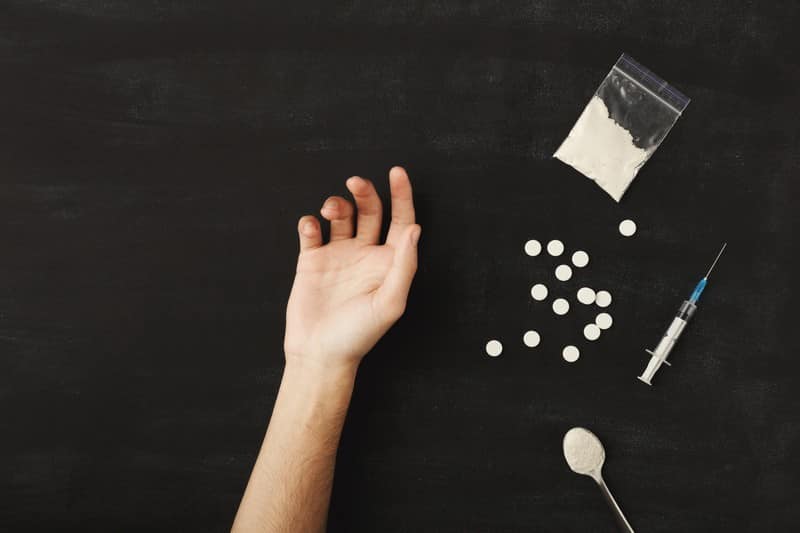Substance Abuse

Patients who experience substance abuse are more likely to develop diverticulitis. For example, the excessive use of steroids can weaken the body’s immune system, which makes the person more prone to infection. Opioids or narcotics are pain relievers prescribed to patients suffering from chronic pain. However, there is a possibility that patients might feel dependent on the relief brought by opioids, leading to addiction and overdose. In addition, too many opioids can weaken and irritate the walls of the large intestine.
This is also why some drugs are not to be taken by patients with diverticulitis. For example, painkillers known as NSAIDs or non-steroidal anti-inflammatory drugs, like diclofenac and ibuprofen, may increase the likelihood of triggering the symptoms of diverticulitis. Antibiotics can be used to clear an infection caused by diverticulitis, but the proper dosage is needed to avoid messing up the gut microbiome.
Self-medication may lead to severe symptoms like internal bleeding, diverticulitis flare-ups, upset stomach, and dehydration. Therefore, it is best to consult a doctor or health care provider before taking any medication.










